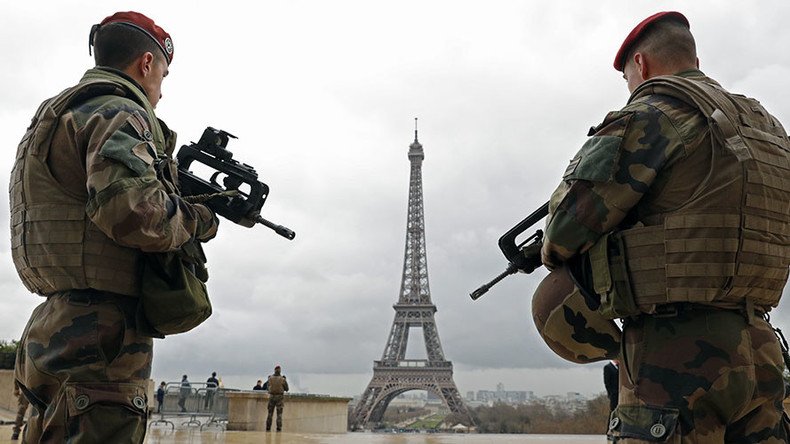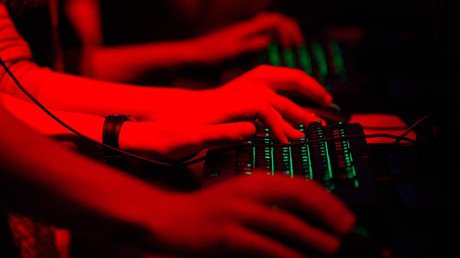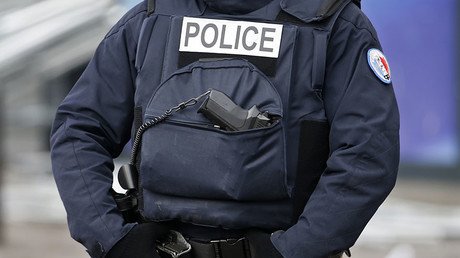Terror attacks in France a global intel failure – parliamentary inquiry

French intelligence bosses admitted the recent terror attacks in France were a “global intelligence failure,” a parliamentary inquiry has said, advising to unite the country's numerous intelligence services into a national counter-terrorism agency.
The commission on terrorism was set up after the Paris terror attacks on November 13, 2015 which killed at least 130 people. On Tuesday, it unveiled its findings to the French media. The full report requested by the conservative opposition Republicans party, is expected to be released later on Tuesday.
The members of the commission endured 200 hours of hearings and conducted some 200 interviews. The lawmakers issued at least 39 recommendations on how to prevent similar attacks in the future.
French intelligence bosses admitted that the attacks that shook France in 2015 represented a “global intelligence failure,” according to the inquiry.
France has numerous intelligence agencies, including the DGSE (General Directorate for External Security), the DGSI (General Directorate for Internal Security) and the DPSD (Directorate for Defense Protection and Security). They all collaborate with the French national police, the National Gendarmerie and the Army.
Head of the inquiry Georges Fenech told French media that “neither the head of the Israeli, Greek or American intelligence services were able to identify their French counterpart in charge of counter-terrorism” during their trips abroad within the investigation.
To illustrate the poor coordination between French intelligence services, Fenech cited the case of Said Kouachi, a French citizen born in Paris to Algerian immigrants, who along with his brother Cherif attacked the HQ of Charlie Hebdo magazine in the French capital.
The authorities were watching Kouachi, but six months prior to the attacks, the services dropped the case.
"We can see that the absence of the continuation of one single intelligence service can have grave consequences," Fenech concluded.
One more example of ‘intel failure’ was Amedy Coulibaly, who killed four people at Jewish kosher store and killed a police woman near Paris.
Fenech proposed the creation of a national counter-terrorism agency in France. “It would be directly attached to the head of state and would have a common database for all those bodies involved in the fight against terrorism,” he said.
The injury attempted to establish links between the terrorists behind the attacks and suspects. Salah Abdeslam, the primary suspect behind Paris attacks who was captured in Belgium in March, came particularly under scrutiny.
The inquiry reveals that Abdeslam seems to have or had links with the perpetrators of the attacks in Paris and Brussels. Abdeslam repeatedly stated that he had nothing to do with the Belgium attacks.
Socialist MP Sébastien Pietrasanta, author of the inquiry’s concluding report, criticized the state of emergency that was introduced following the November 2015 attacks. “The state of emergency has had an effect, but it seems to have quickly diminished,” he said.
Operation Sentinelle launched by the French Army to deal with the Charlie Hebdo attacks and later the assault on a Jewish store in January 2015 was also criticized.














